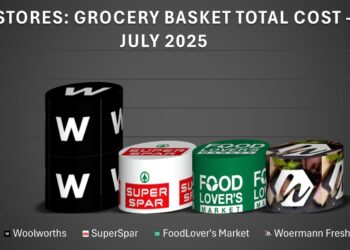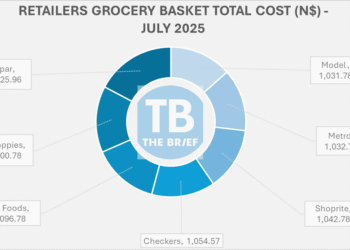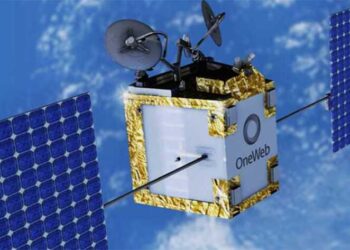
Namibia has provisionally agreed on a deal with the European Union (EU) to sell its rare earth minerals, critical to the renewable energy sectors, Mines and Energy minister Tom Alweendo has said.
This comes as the EU and Namibian officials in July were planning a deal on hydrogen and minerals as the bloc works to reduce its dependence on Russian energy.
“In principal we have agreed on conditions, whatever the materials, we are going to process them here,” Alweendo said about the approaches being taken to ensure the southern African country reaps the benefit of its resources.
Namibia has significant reserves of rare earth minerals such as dysprosium and terbium needed for permanent magnets in the batteries of electric cars and wind turbines.
The European Union wants easier access to minerals in Namibia and plans geological projects to explore the resources of a country which is nearly as big as the combined territory of France and Germany, an EU official told Reuters in July.
Alweendo said there was demand for the southern African country’s rare earth metals to power the global transition to green energy.
Namibia aims to position itself as a renewable energy hub in Africa, also thanks to its vast potential for solar and wind energy to produce green hydrogen.
This comes as the Lofdal heavy rare earth project has the potential to be a “significantly” bigger operation than the previous studies according to Namibia Critical Metals, based the results of a new preliminary economic assessment (PEA).
The PEA is based on mining only 26-million tonnes of resource, or about 50% of the 53-million tonnes in the mineral resource estimate of June 2021. The project will have a mine life of 16 years, with 13-million tonnes of low-grade stockpile which could expand the life-of-mine.The Brief/MW











